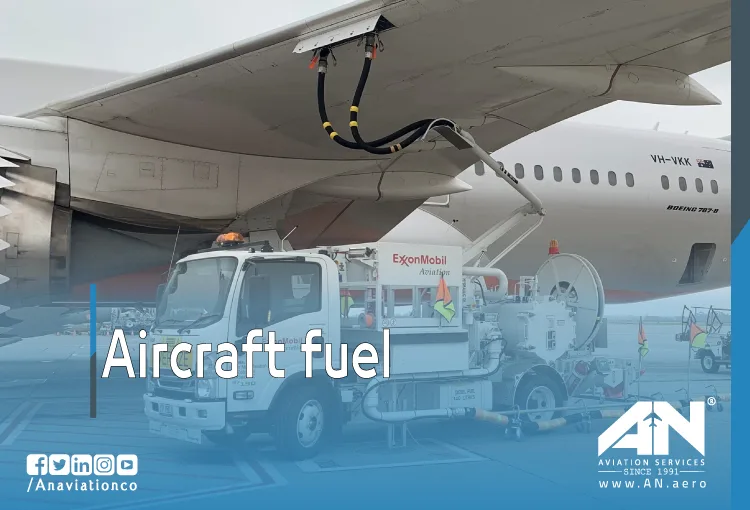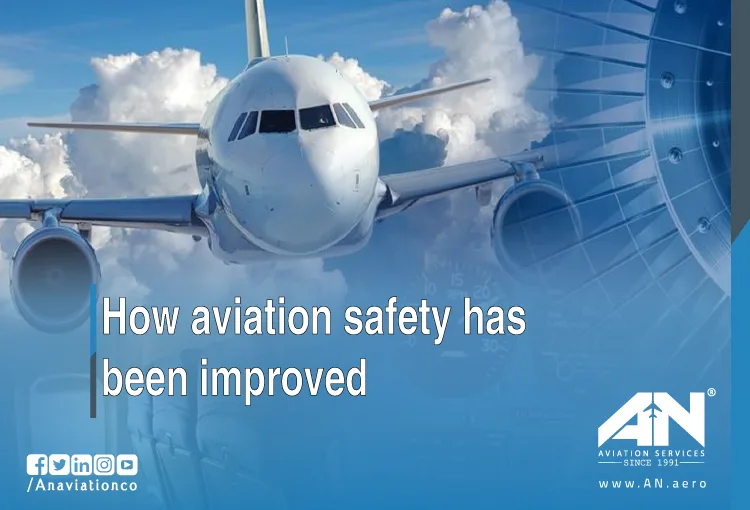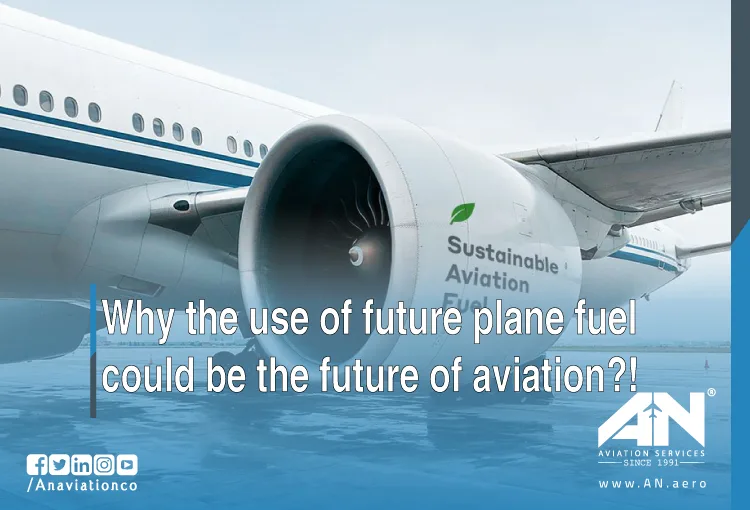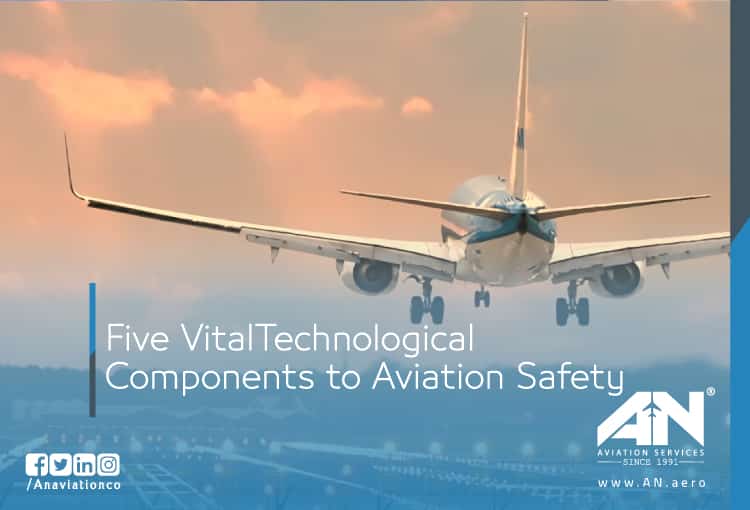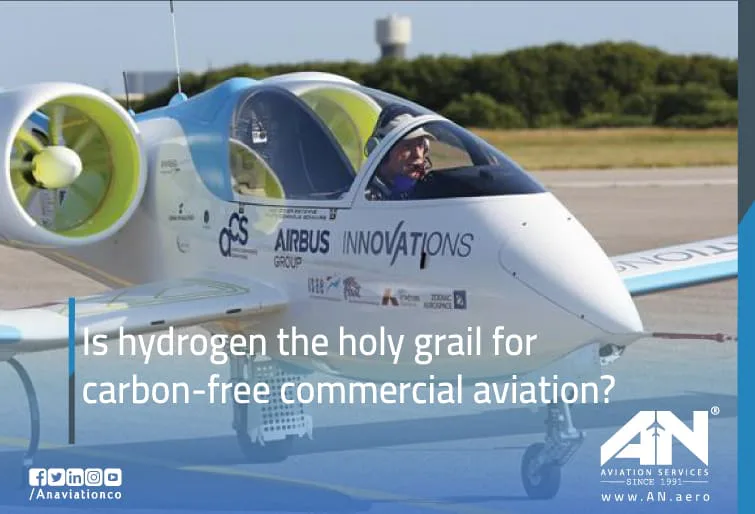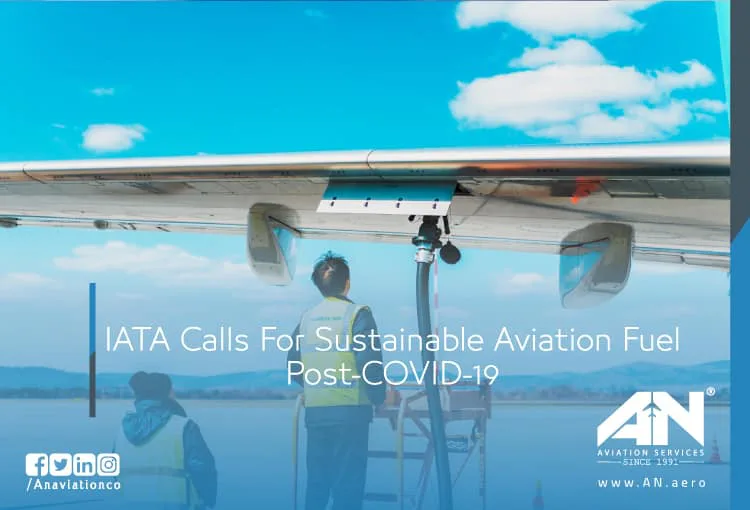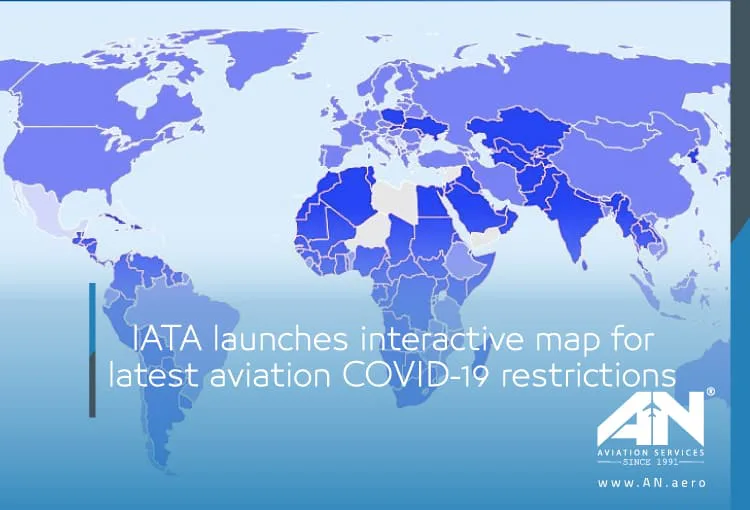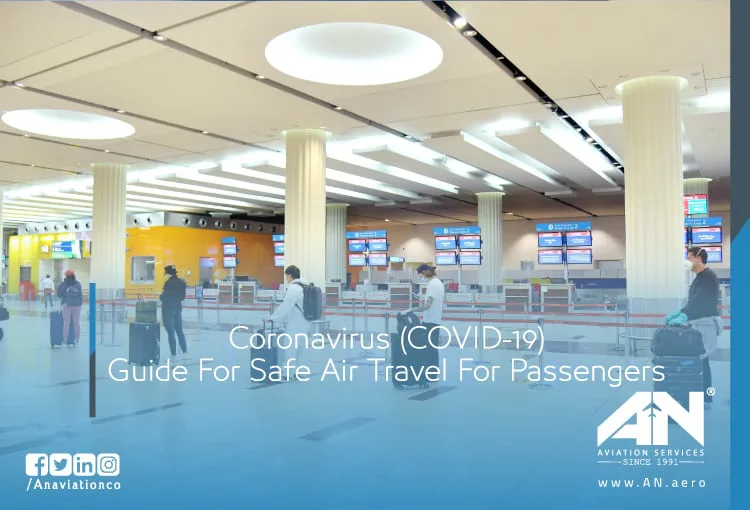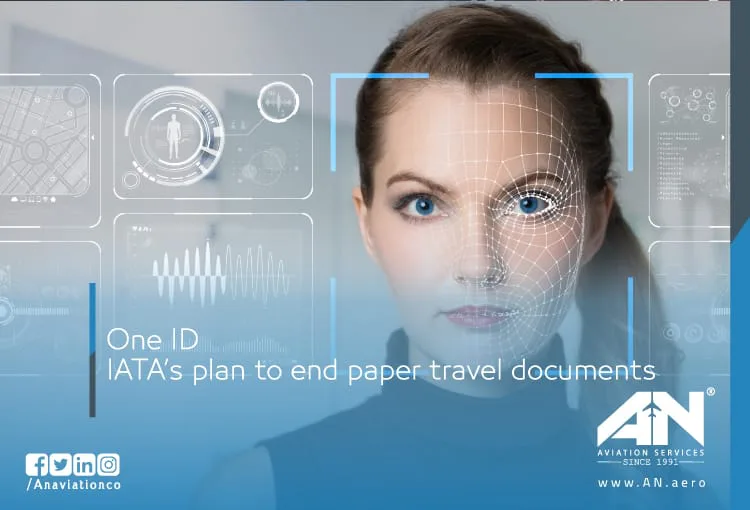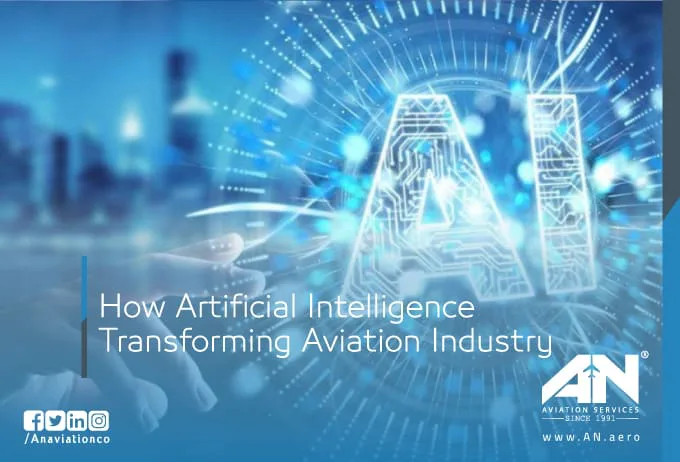When it comes to keeping aircraft in the skies, aviation fuel is the backbone of the aviation industry.
Aviation
The aviation industry has long been considered one of the safest modes of transportation in the world.
As the aviation industry takes significant steps toward becoming more environmentally sustainable, the concept of future airplane fuel has emerged as a groundbreaking innovation that could redefine air travel.
The aviation industry has consistently been at the forefront of innovation when it comes to safety.
The aviation industry, a cornerstone of global connectivity, has long-faced scrutiny for its greenhouse gas emissions.
As the aviation industry emerges from the challenges of the COVID-19 pandemic, the focus has shifted toward rebuilding a more sustainable future.
The COVID-19 pandemic brought unprecedented challenges to the aviation industry, disrupting air travel across the globe.
Air travel has long been regarded as one of the safest modes of transportation, with strict regulations and oversight from agencies like the Federal Aviation Administration (FAA) and extensive research conducted by institutions such as the Massachusetts Institute of Technology (MIT).
In an age where technology is streamlining nearly every aspect of life, the aviation industry is making significant strides toward eliminating paper-based processes.
The aviation industry is no stranger to innovation, but the advent of artificial intelligence (AI) has taken it to new heights.


